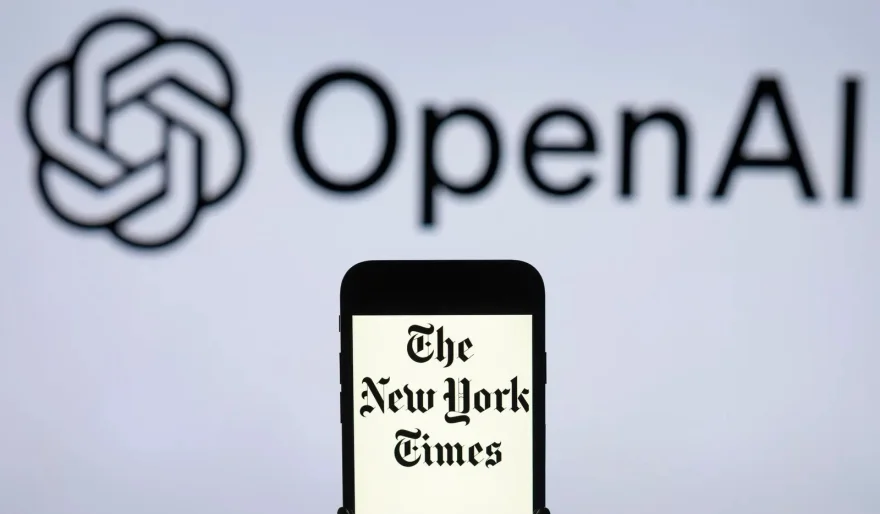Stay Ahead of the Curve
Latest AI news, expert analysis, bold opinions, and key trends — delivered to your inbox.
OpenAI accuses The New York Times of "Deceptive Prompts" in Copyright Dispute
6 min read OpenAI's accusation that The New York Times 'cheated' to manipulate ChatGPT into regurgitating its content ignites a debate on copyright and the abilities of large language models. February 28, 2024 07:24
The ongoing legal battle between OpenAI and The New York Times has taken a new turn, with OpenAI accusing the newspaper of using "deceptive prompts" to get their AI language model, ChatGPT, to regurgitate content from its articles.
Recap of the Dispute:
- December 2023: The New York Times filed a lawsuit against OpenAI and Microsoft, claiming that their AI models, ChatGPT and Bard, infringed on the Times' copyright by reproducing content from its articles.
- OpenAI's Motion to Dismiss: In February 2024, OpenAI filed a motion to dismiss certain claims in the lawsuit, arguing that their use of publicly available information falls under fair use.
The New Accusation:
OpenAI now claims that The Times utilized deceptive prompts, specifically designed to elicit outputs from ChatGPT that closely resemble excerpts from its articles. This tactic, according to OpenAI, is an attempt to artificially inflate the evidence of copyright infringement.
OpenAI's Arguments:
- Manipulating AI Outputs: OpenAI argues that The Times' prompts were designed to exploit specific vulnerabilities or biases in ChatGPT, forcing it to generate outputs that mirrored their existing content regardless of its actual meaning or context.
- Misrepresentation of Fair Use: By employing such tactics, OpenAI claims The Times is misrepresenting the nature of fair use and potentially hindering the legitimate development and use of large language models like ChatGPT.
The New York Times' Response:
The New York Times has refuted OpenAI's accusations, stating:
- Focus on Evidence: The Times insists their lawsuit focuses on actual instances where OpenAI's models reproduced their content without permission, not on manipulating AI outputs for their case.
- No Denial of Copyright Infringement: Notably, The Times did not deny that OpenAI's models generate text similar to their articles, but maintains that this constitutes copyright infringement.
Uncertainties and Implications:
- Independent Verification: The validity of OpenAI's claims regarding "deceptive prompts" requires independent verification and could be a crucial point in the legal battle.
- Ethical Concerns: Regardless of the outcome, this raises ethical concerns about the potential manipulation of AI outputs and the impact it could have on copyright disputes and AI development in general.



















 AI Agents
AI Agents